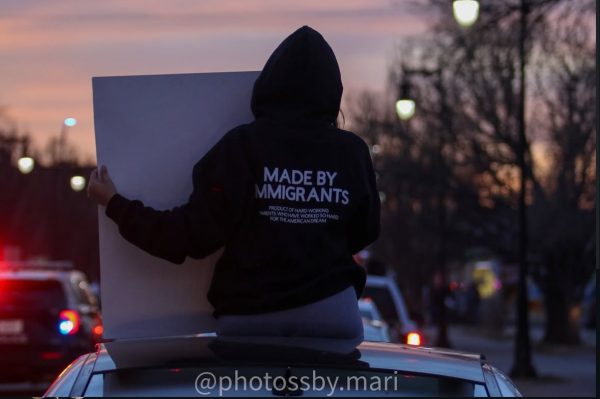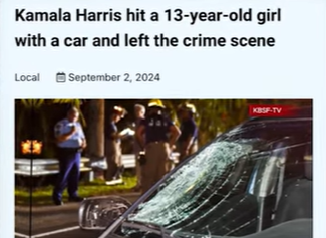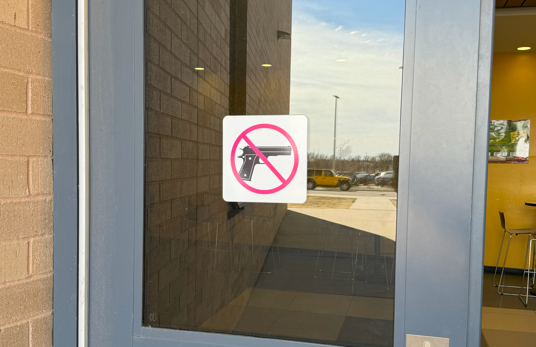Opinion: Abortion Rights at Risk
The Supreme Court’s decision to overturn Roe v. Wade left the fate of abortion rights in the hands of many individual states. Some states had “trigger laws” already in place. Trigger laws are laws that were unenforceable when passed but will now be enforced after the Supreme Court’s decision.
Nearby Oklahoma was among the 13 states with abortion trigger laws. The state had previously passed SB 612, a law that ruled both performing and receiving an abortion a felony, punishable by a maximum fine of $100,000 and/or a maximum of 10 years in state prison.
Kansas held a vote on Aug. 2 on a proposed constitutional amendment that would allow the legislature to pass a ban on abortion. Despite the vote being purposely held during a midterm primary election, which typically has the lowest voter turnout among other elections, as well as intentionally confusing wording on ballots, Kansas secured the right to safe and legal abortions with a landslide victory, making it a part of the first wave of states voting pro-choice. Colorado, New Jersey and Washington passed laws shortly after that protect access to abortions.
The argument of “states’ rights” and the federal government was used previously to restrict civil rights. However, civil rights laws were still passed because it was clear that the United States needed to take a stance on equality for all citizens. It is just as clear now that abortion should be a federal right for all, and the overturning of this law is a disservice to citizens in every state.
The Supreme Court’s decision is an utterly ridiculous and a clear attempt to limit personal rights in the United States, but it also exposes a deeper problem with our voting system as a whole. Although Supreme Court justices are chosen by the President and approved by a Senate vote, the general public can vote for representatives in our states and counties.
These representatives are able to introduce bills that citizens then vote on, as well as creating new laws and changing old ones. They can also amend the state constitution. The people we vote into office now can change laws we have set in place at any giving moment, putting our rights at risk.
Our government is meant to represent our values and protect our rights, but this can’t happen if we don’t take more care in who we choose for these positions. Our country is evolving and our lawmakers should reflect this, which is why it’s important for young people to vote.
Although it’s easy for one person to feel as though their vote doesn’t make a difference, the Aug. 2 vote proves that if enough people take a collective action, they can counter decisions made by higher powers that are harmful. Kansas midterms are coming up on Nov. 8, and it is crucial that we continue to vote in order to protect our rights.





